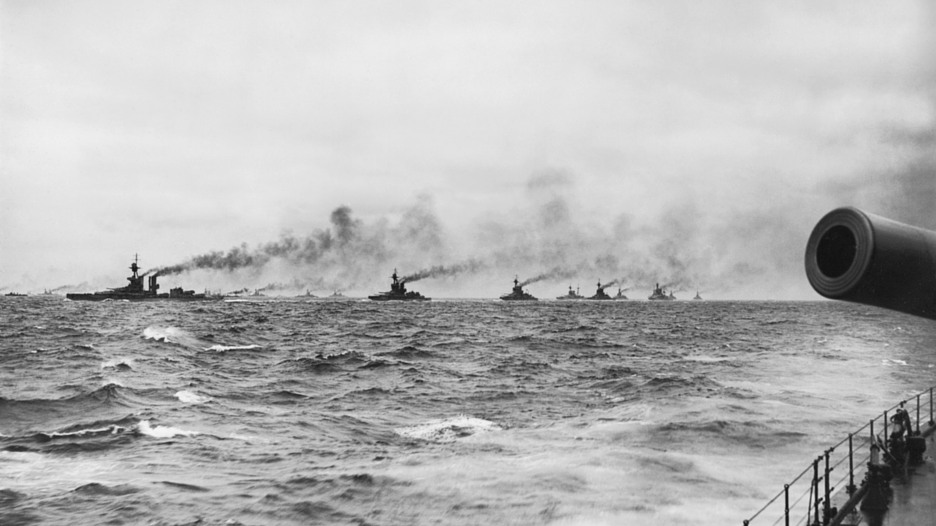The body of a British sailor, who died alongside roughly 10,000 others in the Battle of Jutland during the First World War, has finally been identified after 100 years.
The man was buried on the coast of Esbjerg in western Jutland under a tombstone with the inscription ‘A British Seaman of the Great War’ after the body was recovered in September 1916.
Bob Cobley, the representative for the Commonwealth War Graves Commission in Denmark, together with a group of volunteers, determined that the sailor’s name was Harry Gasson. The man worked on board HMS Castor and was killed on 31 May 1916 during the Battle of Jutland.
“We have finally identified him”
Cobley first visited Gasson’s grave in 1972, and over the years a bond has grown between the Brits.
“It’s great to give the sailor his name, he told DR. “I was very moved. I have come so close to the man, and now we have finally identified him”
Nicola Nash, a co-ordinator of the UK Defence Joint Casualty and Compassionate Centre, emphasised that it was important to honour the sailor’s sacrifices with a tombstone carrying his name, although he died a century ago.
“We will hold a ceremony where one can show respect for the fallen sailors. Harry’s family will have a place to remember and honour their family,” Nash told DR.
The ceremony will be held in Esbjerg on May 31.















